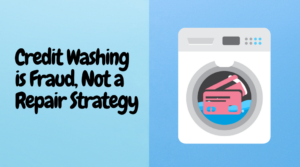
Credit Scores » Why credit card users should no longer pay just the minimum
Our editorial team is independent and objective. To help support our review work, and to continue our ability to provide this content for free to our readers, we receive compensation from the companies that advertise on the CreditMashup site. This site does not include all companies or products available within the market.
We also include links to advertisers’ offers in some of our articles; these “affiliate links” may generate income for our site when you click on them. The compensation we receive from advertisers does not influence the recommendations or advice our editorial team provides in our articles or otherwise impact any of the editorial content.
While we work hard to provide accurate and up to date information that we think you will find relevant, CreditMashup does not and cannot guarantee that any information provided is complete and makes no representations or warranties in connection thereto, nor to the accuracy or applicability thereof. Here is a list of our partners who offer products that we have affiliate links for.
We also include links to advertisers’ offers in some of our articles; these “affiliate links” may generate income for our site when you click on them. The compensation we receive from advertisers does not influence the recommendations or advice our editorial team provides in our articles or otherwise impact any of the editorial content.
While we work hard to provide accurate and up to date information that we think you will find relevant, CreditMashup does not and cannot guarantee that any information provided is complete and makes no representations or warranties in connection thereto, nor to the accuracy or applicability thereof. Here is a list of our partners who offer products that we have affiliate links for.
Why credit card users should no longer pay just the minimum

Content
Who We Are
Get In Touch
6080 Center Dr, 6th Fl
Los Angeles, CA 90045
- Email: contact@creditmashup.com
- Phone:
- Hours: Mon-Fri 9:00AM - 5:00PM
© 2025 All Rights Reserved.
















